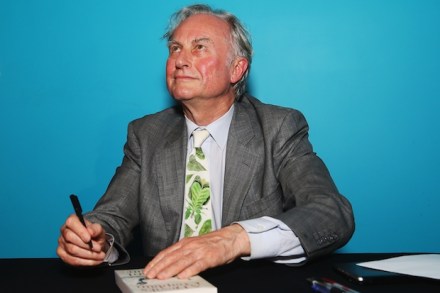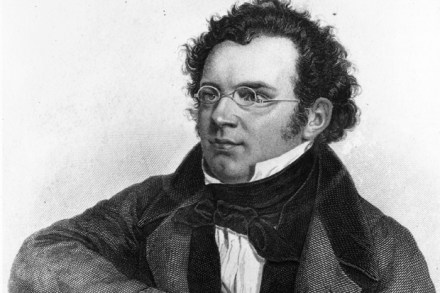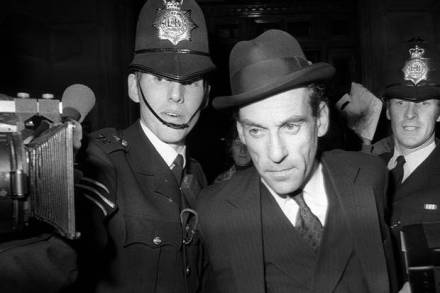The real mystery is how it got published
More from BooksAs a boy I spent quite a lot of my free time trying to fake up ancient-looking documents. This hopeless enterprise involved things like staining paper with tea or vinegar, together with plenty of burning, and creasing, and copying of random texts with a scratchy old inkwell pen. Typical silly small boy stuff. Reading this





























